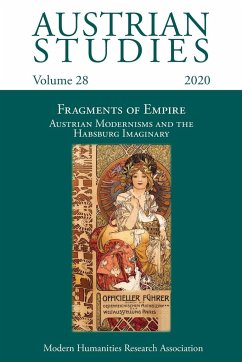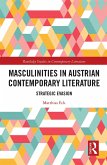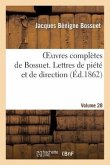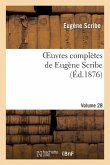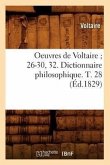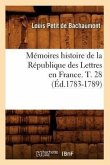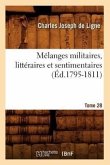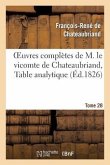Volume 28 of Austrian Studies investigates literary imaginings and cultural constructions of the Habsburg Empire. Th e retrospective phenomenon referred to by Claudio Magris as the 'Habsburg myth' plays an inevitable role, but the Habsburg imaginary spans a far greater range. Existing studies often give the impression of a fragile, backward-looking utopia or else the merry apocalypse and overwrought 'Nervenkunst' of a predominantly male, German-language elite. The reality is more various, in a historical, geographical and discursive sense, than has previously been acknowledged. An important focus of our volume lies on imperial plurality in imaginations and institutions before 1918. Reflections of Habsburg diversity can be found in modernist attitudes and techniques in the arts, science and popular culture. We bring together fi n-de-siècle cultural practice with analysis of the post-1918 era to examine negotiations between the whole and the particular, the large and the small, the historical momentum of the bigger picture and the fleeting moment. The volume also investigates transatlantic translations of the Habsburg imaginary after 1933, showing how relevant it is to the exile experience - for example, in the case of Zweig or Broch - but also up to the present day, as demonstrated to tragicomic effect in Wes Anderson's Grand Budapest Hotel (2014).
Hinweis: Dieser Artikel kann nur an eine deutsche Lieferadresse ausgeliefert werden.
Hinweis: Dieser Artikel kann nur an eine deutsche Lieferadresse ausgeliefert werden.

